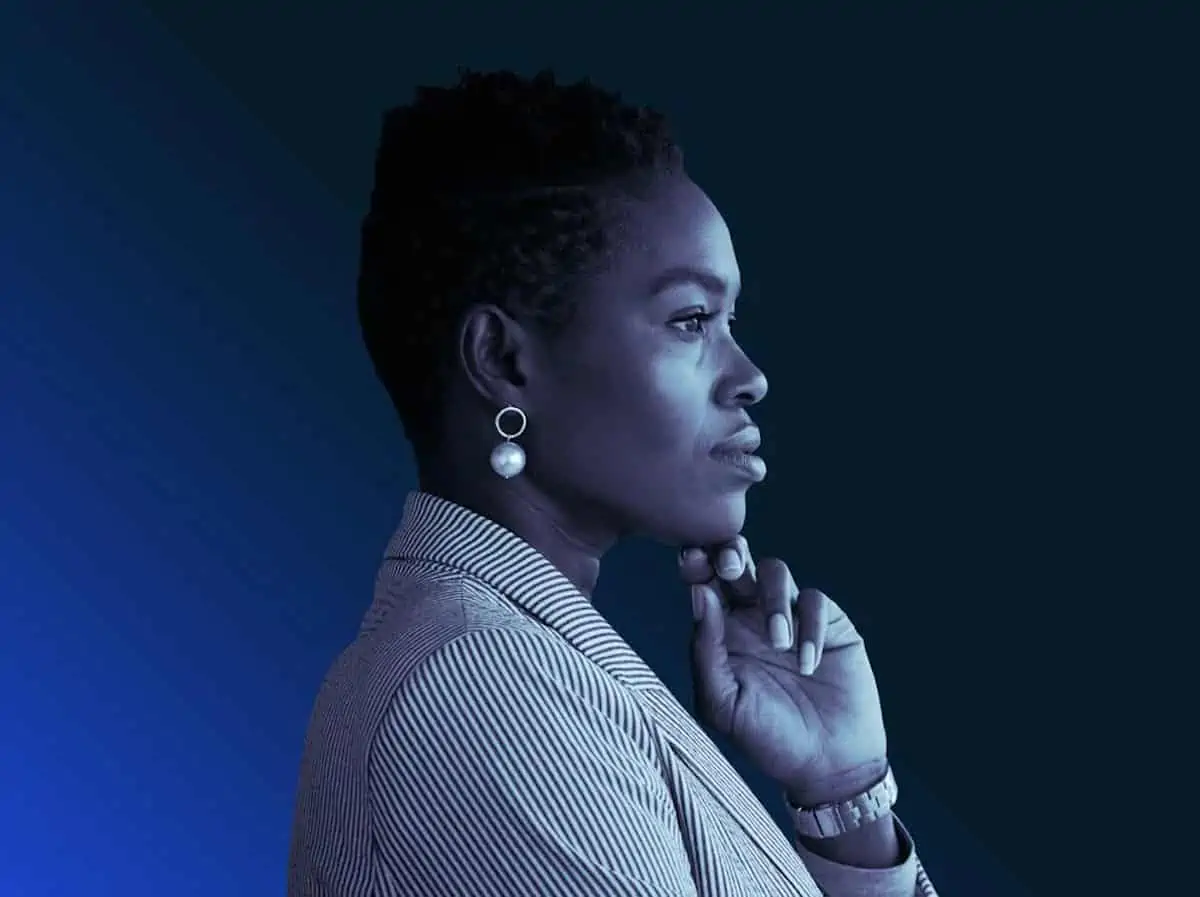The Cost of Devaluing Women Executives
Sallie Krawcheck has witnessed the cost of devaluing women executives firsthand over the course of her storied Wall Street career. Ms. Krawcheck first got her start on Wall Street in the late 1980s at Salomon Brothers. Today, she is considered a Wall Street Titan. From the Salomon Brothers, Ms. Krawcheck went on to become the CFO of Citigroup and is now the CEO and Founder of Ellevest, a white-hot startup digital investment platform. In an opinion piece that she wrote for the New York Times entitled The Cost of Devaluing Women, Ms. Krawcheck recounts the stunning cost of sexual harassment she experienced as a young female executive.
“One day, I leaned over a colleague’s desk to work on a spreadsheet, and heard loud laughter from behind me; one of the guys was pretending to perform a sex act on me. Almost every day, I found a Xerox copy of male genitalia on my desk.”
— Sallie Krawcheck, CEO and Co-Founder of Ellevest
Sexual Harassment is the Wall Street Norm
Ms. Krawecheck explains that she was not alone in being treated this way: The industry was rife with sexual harassment and testosterone-driven misbehavior. In fact, Smith Barney paid out $150 million in the now-infamous “boom-boom room” lawsuit, named after a basement party room in one of the firm’s branches. She goes on to explain,
“It’s not just the eye-popping settlements in some cases, like the $32 million paid by Bill O’Reilly to settle a harassment claim. Nor is it just the high salaries network stars have been making while allegedly assaulting subordinates, like the $20 million, or more, for Matt Lauer. It only starts there. The bigger cost derives from how women’s ideas are discounted and their talent ignored.”
— Sallie Krawcheck, CEO and Co-Founder of Ellevest
As a former CFO, it seems only natural for Ms. Krawcheck to make a case for gender diversity in dollars and cents. For Wall Street, issues of diversity and equality are often tied together with other financial matters. One such regulation, the Dodd-Frank Act, tackles both financial risk and workforce diversity.
Dodd-Frank Diversity Mandate
The little-known diversity provision is buried deep within some 850 pages of the Dodd-Frank legislative text. As the bill was being written, Senator Maxine Waters crafted language that tied diversity compliance to lucrative government contracts. Wall Street does billions of dollars in business with the federal government for services that include debt issuances, sales of government assets, as well as more general advisory services.
Thanks to the diversity mandate, the business has hinged on the contractors’ ability to correct racial and gender imbalances. According to Dodd-Frank language, if an agency’s compliance director concludes that a contractor has not made “a good faith effort to include minorities and women in its workforce,” the agency head is authorized to cancel the contract.
The Diversity Mandate Applies to Wall Street
Section 342 embeds 20 Offices of Minority and Women Inclusion at virtually every major financial regulatory agency of the federal government: Treasury, the Securities and Exchange Commission, the Federal Deposit Insurance Corporation, the Office of the Comptroller of the Currency, the 12 Federal Reserve banks and the Consumer Financial Protection Bureau.
The offices serve as watchdogs, monitoring the diversity of the agencies and the government contractors and subcontractors with which they do business, including virtually all of Wall Street. The list of contractors required to comply with Dodd-Frank diversity regulations includes “financial institutions, investment banking firms, mortgage banking firms, asset management firms, brokers, dealers, financial services entities, underwriters, accountants, investment consultants and providers of legal services.”
#MeToo May Help Support Women Executives
If the Dodd-Frank diversity mandate is someday eliminated, the #MeToo movement may help fill the void. In fact, Ellevest CEO Sallie Krawcheck says that we are finally “beginning to recognize that demeaning and devaluing women is an insidious, expensive problem.”
Time Magazine named the women who led the #MeToo movement as Persons of the Year — referring to them collectively as “The Silence Breakers”. Those women have taught us all a lesson — the value of speaking up, being heard, and being believed.
Whether that cost will motivate Wall Street remains to be seen. Yet the more women rise in the workplace, the more they will make Wall Street a safer place for employees who don’t enjoy the advantages of being male.
For more, check out our post “The Silence Breakers Beget The Pay Raisers“.


